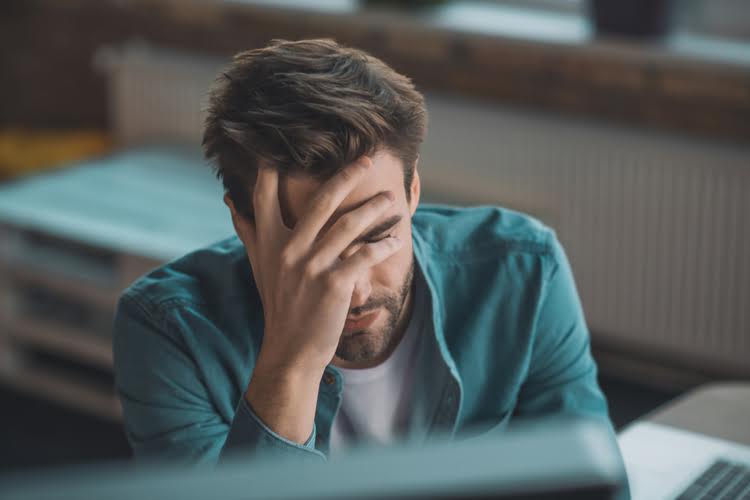Since ancient times, this drink has been simultaneously touted for its health benefits and blamed for its tortuous side effects. Allergy testing of the skin and blood should be able to determine your allergies, or at least rule some out. People can also have an oral allergy syndrome — a reaction to fresh fruit and vegetables that may be used as a garnish or a mixer in a cocktail, according to Bassett. Hazelnut or almond in liquor can also be a problem for those with an allergy to nuts. We use a pharmacist-formulated blend of Quercetin, Bromelain, Dihydromyricetin, Cysteine, L-Theanine, & B Vitamins to stop alcohol flushing before it can begin.
Fast shipping. Quality guarantee. You can place an order for best buy rolex replica online.
Top Swiss Breitling fake Watches UK Online Store For Everyone:www.breitlingreplica.top
You can possess the 1:1 AAA Replica Watches UK from online stores.

Those with a genuine alcohol allergy should completely avoid alcohol. When eating out, they should make a point of asking about ingredients to make sure they do not contain alcohol, because even a small amount can cause a reaction. People with an alcohol allergy should exercise caution when eating or drinking anything that they have not prepared themselves.
Often asked: Why Does Beer Make You Sneeze?
If you’re allergic to another ingredient contained in certain alcoholic products, switching to a different drink might be an option. For example, barley is typically found in beer but not wine. Some people with Hodgkin’s lymphoma experience pain after drinking alcohol. Hodgkin’s lymphoma is a type of cancer that can affect your lymphatic system.

If you are allergic to tequila, you may experience symptoms such as hives, difficulty breathing, or swelling of the face, lips, or tongue. If you experience any of these symptoms, it is important to seek medical attention immediately. If you suddenly experience an allergic reaction to a glass of wine or a beer, it could be because you are histamine intolerant. As a result of fermentation, yeast and bacteria produce histamine. Alcohol is not the only food or drink that can cause allergies in this manner.
Headaches
H1N1 histamines can affect anyone, but they may be more sensitive than others. The TTTB is considering changing the labeling on wine to ensure that winemakers list all of the steps taken in the wine manufacturing process. Gustatory rhinitis is a type of nonallergic rhinitis that’s caused by eating certain foods, usually spicy or hot ones. Drinking alcohol can also cause a gustatory rhinitis flare-up. Despite these common reactions to wine, allergists say a true wine allergy is a fluke at best, and a controversial misnomer at worse.
- For many people, wine is the drink that causes them to sneeze.
- When you sneeze, the intrathoracic pressure in your body momentarily increases.
- Malt barley, gluten, grapes, yeast, and wheat are common allergens found in alcoholic beverages that can cause severe allergic reactions in people.
- If you notice that you sneeze more after large meals, try eating smaller meals or eating slowly.
A person who overcomes substance abuse is free of drug cravings, eliminates compulsive behaviors, and improves his or her bio-psycho-social health. Most people have a difficult time changing their drinking habits on their first attempt. A single glass of wine can cause a person to experience Recovery Gift Guide, Sober Gift Guide a bad headache, flushed face, and a runny nose as a result of a severe allergic reaction. The symptoms of wine allergy are frequently ignored after drinking a glass of wine. According to allergists, more than 8% of the population believes that drinking alcohol causes allergic reactions.
Why am I allergic to beer?
Studies have found that alcohol can cause or worsen the common symptoms of asthma and hay fever, like sneezing, itching, headaches and coughing. Beer, wine and liquor contain histamine, produced by yeast and bacteria during the fermentation process. Miller said the symptoms can get worse since she has found that wine frequently compounds her other food allergies. “It seems between the stuffy nose and the skin irritation that there’s a reaction,” said Miller. First, some people have lower levels of the enzymes the body needs to break alcohol (ethanol) into metabolites that it can process and excrete.
Beer and wine, in addition to being high in histamine, can aggravate a runny nose or nasal congestion. You may be sensitive to sulfites or other chemicals found in alcoholic beverages, which can cause nausea and headaches. Because tequila has a lot of caffeine in it, it can help to alleviate sore throats. It contains antibacterial and decongestant properties that aid in the relief of inflamed tissues, so it is commonly used as a decongestant. Agave is an herb used in medicine for its anti-inflammatory properties, and it is used in tequila.
This Wine Is Making Me Feel… Sneezy?
In some cases, over-the-counter or prescribed medications might help alleviate symptoms. This effect can also make you feel hot when you drink alcohol, but it can also lead to short-term nasal congestion. The blood vessels around your nasal cavity can https://g-markets.net/sober-living/minnesota-association-of-sober-homes/ expand, making it a bit more difficult to breathe normally. Mixed drinks containing any of the ingredients mentioned earlier are also likely to cause sneezing. If you’re allergic to any of the ingredients in a mixed drink, you may want to avoid it.

According to Dr. Mary Bassett, there is no harm in drinking nonalcoholic beer during the holidays. When Asians consume alcohol, they may experience flushing syndrome. Kristen Brown, the woman behind the story, has had to give up alcohol almost entirely. Although she cannot drink hard liquor, she can drink a bottle of Guinness.
‘ A person experiences this reflex when their stomach is full and becomes stretched. However, there are certain things you can do to keep your nose clear and free of extra mucus, which may help reduce sneezing after eating. The only solution for alcohol intolerance is to completely avoid alcohol. Paying attention to which beverages cause symptoms can help people manage their alcohol intolerance. Genuine alcohol allergies, in which people only react to the alcohol, are much less frequent. However, only two of the 68 participants have a medically diagnosed allergy.